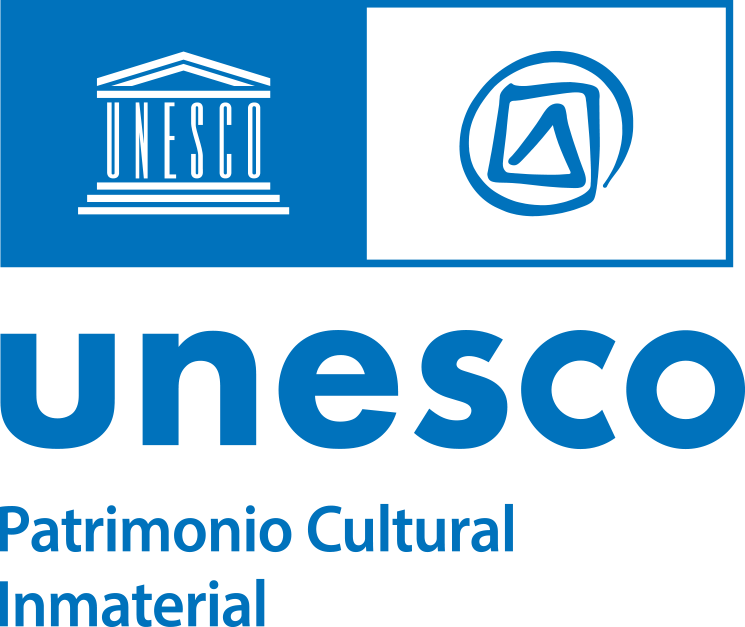30 marzo 2015 - 1 abril 2015
Expert meeting on a model code of ethics for intangible cultural heritage
In 2012, at its seventh session, the Intergovernmental Committee for the Safeguarding of the Intangible Cultural Heritage (ICH) invited UNESCO’s Secretariat ‘to initiate work on a model code of ethics and to report on it to a next session of the Committee’ (Decision 7.COM 6: inglés|francés). In order to initiate this important work, the Secretariat is organizing the present meeting, generously hosted by the Kingdom of Spain and co-funded by Spain and the Intangible Cultural Heritage Fund.
The aim of the meeting is to discuss the main lines that should figure into codes of ethics for intangible cultural heritage. This three-day meeting will bring together twelve experts from different UNESCO Member States as well as four members of the Secretariat. The results of the meeting will be presented to the Director-General of UNESCO and subsequently examined by the Committee when it meets for its tenth session in Namibia from 30 November to 4 December 2015.
Debates during the meeting will focus on:
- The core values of the Convention that should be integrated into codes of ethics for ICH (e.g. values such as primacy of communities, respect for human rights and cultural diversity, limits on access to heritage and possession of heritage);
- General scope of codes of ethics for ICH. The comparative advantages of being more comprehensive or more focused on specific sectors. The multiple possible addressees (e.g. State agents, civil society, the private sector, the media, tourism operators, tourists, etc.);
- The specific ethical principles that should be included in codes of ethics for ICH (e.g. sector-specific and/or audience-specific principles, resulting from cross-referencing core values of the Convention against specific sectors or addressees);
- The possible processes that could be used to elaborate one or more model codes of ethics for ICH and to proceed from a model to specific codes adapted to different contexts at the regional, national and subnational levels (e.g. examples of other model codes and how they were developed, then how they were applied and/or turned into specific codes).
